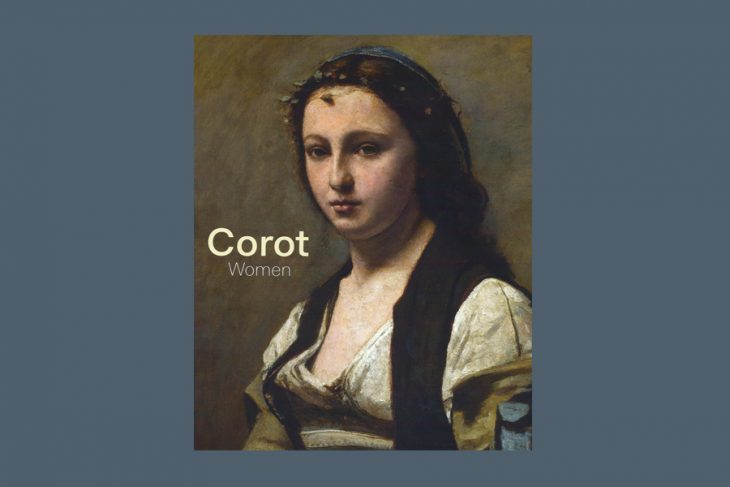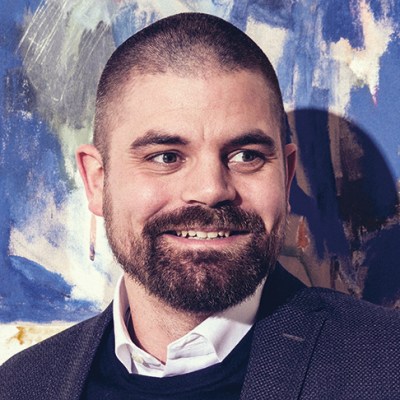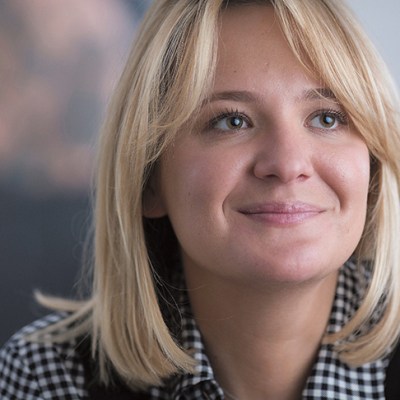This week’s book competition prize is Corot: Women by Mary Morton et al., published by Yale University Press/National Gallery of Art, Washington, D.C. Click here for your chance to win.
The women painted by Camille Corot (1796–1875) read, dream, and gaze at the viewer, conveying an independent spirit and a sense of their inner lives. Corot’s handling of colour and his deft, delicate touch applied to the female form resulted in pictures of quiet majesty. Although these figural paintings constitute a relatively small and little-known portion of his oeuvre, they were of great importance for the founders of modernist painting, such as Paul Cézanne, Pablo Picasso, and Georges Braque.
This publication encompasses some 40 paintings by Corot – from the single-figure bust and full-length images of the 1840s through the 1860s nudes and his allegorical series devoted to the model in the studio. Essays by leading experts in the field address Corot’s debt to the old masters and the impact of his pictures on both 19th- and 20th-century painting, the relationship of his figural work to his more famous landscape practice, his response to the shifting social position of artists’ models, and the incursion of photography into artistic practice in the Second Empire and early Third Republic.
Answer the following question, by 10 p.m. on 21 September, to win a copy of Corot: Women by Mary Morton et al. (Yale University Press/National Gallery of Art, Washington, D.C.).
Q: Which painter left Corot’s The Italian Woman to the National Gallery in London in his will?
For our last competition prize we offered Designers & Jewellery 1850–1940: Jewellery and Metalwork in the Fitzwilliam Museum by Helen Ritchie (Philip Wilson Publishers/Fitzwilliam Museum). The question was:
Which architect and designer founded the Guild of Handicraft in 1888?
Answer: C.R. Ashbee
Congratulations to Rosemarie Selm



